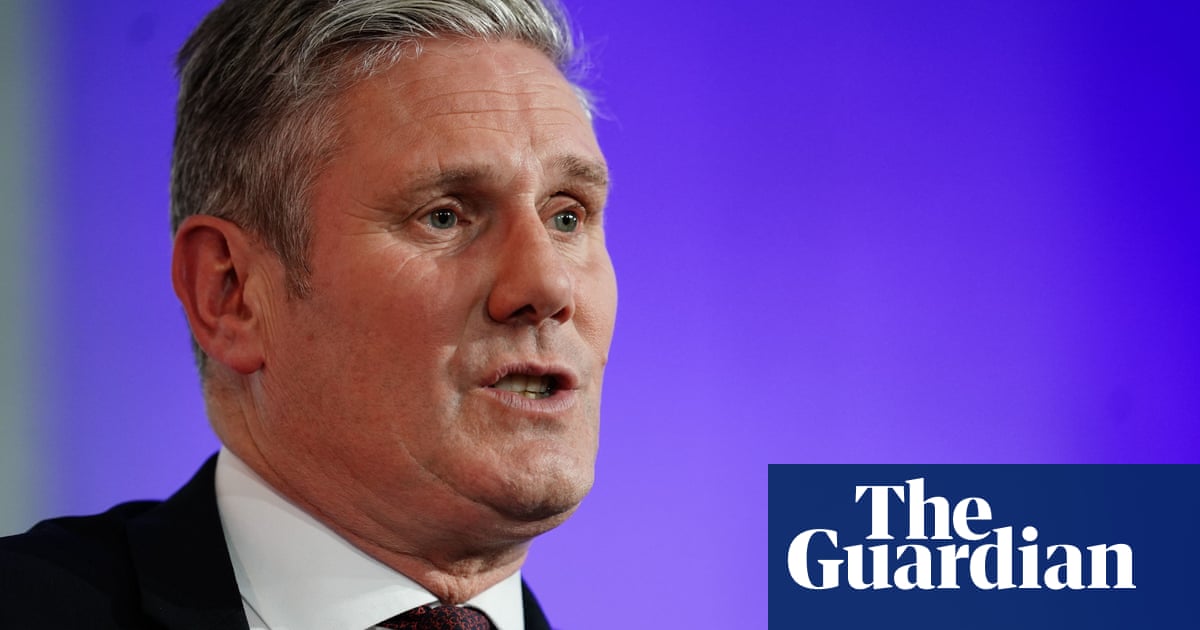
Councils are calling for more support to meet the government’s target of halving childhood obesity after recording an “extremely worrying” 60% increase in young people with type 2 diabetes in paediatric units over five years in England and Wales.
The Local Government Association (LGA) is urging ministers to step up investment in councils’ public health budgets in the upcoming spending review to fund efforts to reduce childhood obesity, which is understood to be the main cause of the increase in type 2 diabetes.
Councillor David Fothergill, chair of the LGA’s community wellbeing board, said: “It is extremely worrying that we are seeing more young people develop type 2 diabetes, a preventable condition which is rare in children and more typically develops in adults over the age of 40.
“These figures are yet another sobering reminder that there is much more to do to reach the government’s bold ambition of halving the number of children with obesity by the end of the decade.”
The LGA said councils would use the extra funding for community sports and leisure facilities, along with long-term support for local authority weight management services and healthy schools initiatives.
The calls came in response to the publication of the latest figures from the national paediatric diabetes audit, published by the Royal College of Paediatrics and Child Health, which showed that 866 under-25s received treatment for type 2 diabetes from paediatric diabetes units in England and Wales in 2019-20, an increase of 9.6% on the year before and about 60% on the 2014-15 figure of 322.
The figures exclude young people treated in primary care, and therefore cannot be used as a measure of the total incidence rate for type 2 diabetes, which could be even higher than the audit suggests.
Figures from the national diabetes audit’s first report on young people with type 2 diabetes, which covers 2019-20, shows there were 1,560 people under the age of 19 with type 2 diabetes in England. The data show that just over 84% of those young people treated for type 2 diabetes in 2019-20 were registered as obese, broadly in line with previous years.
Nikki Joule, policy manager at Diabetes UK, said childhood obesity was the main driver behind the rise in cases. “We also know that type 2 diabetes is likely to have more severe and acute consequences, if they develop it as children – especially if they do not have access to the right specialist treatment and support,” she said.
“While promising commitments have been made to tackle this issue, these figures are a worrying wake-up call for us all that we need to do far more to ensure children and young people are not further exposed to unhealthy food and are supported to manage their weight when needed.”
A Department of Health and Social Care spokesperson said: “We are investing £100m to support children, adults and families achieve and maintain a healthier weight. This funding will help thousands of children and families to access support services – including access to digital apps, weight management groups, individual coaches and specialist clinical advice.”












